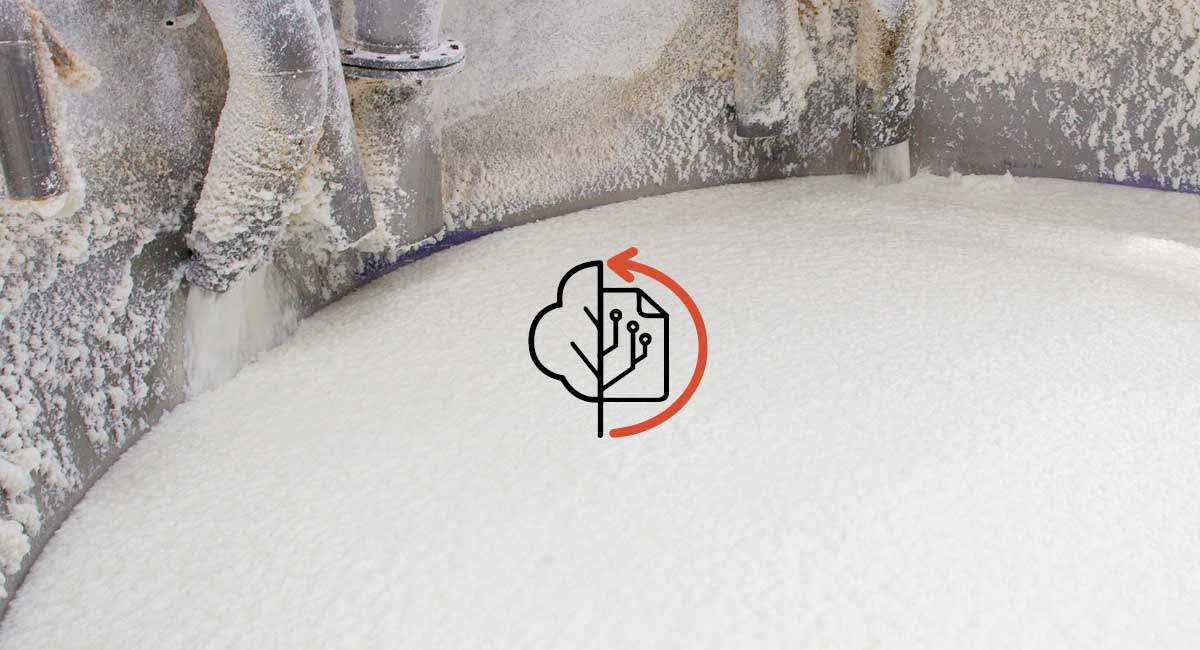
Paper is a key player in revolutionizing how we recycle electronic waste
Ever wondered what happened to your old MP3 player or remote control that was thrown away? Well, anything with a plug or a battery is destined to become electronic waste (e-waste).
E- waste is a global problem, whose responsibility, as indicated by the Sustainable Development Goal 12 of the 2030 Agenda – Responsible consumption and production, lies with producers. The solution starts with the adoption of an eco-design approach that facilitates recycling, recovery and durability of the devices. Meanwhile, consumers are called to use electronic products conscientiously and to behave correctly in their disposal. This could involve repairing, giving away, or regenerating such products, before being disposed of according to circularity logic. In this last aspect, a step forward can be made thanks to paper, one man’s oldest materials.
This is the very objective of the European project CircEl-Paper. The initiative aims to develop functional printed circuit boards (PCB – Printed Circuit Boards) made on a paper basis, which can thus be disposed of and recycled in the traditional paper recycling process and meet the needs of circular economy in electronics.
CircEl-Paper involves a consortium of international companies, including Fedrigoni, with its Research and Development Center in Grenoble, specialized in RFID and printed electronic solutions. The first applications in which paper-based PCB technology is intended to be validated are three use cases in the fields of medicine, logistics and consumer electronics: a medical sensor for measuring glucose levels on the skin, with an integrated time and temperature indicator (TTI) or greeting cards that play music.
CircEl-Paper technology
Printed circuit boards (PCBs) are a fundamental hardware part of electronic products, since they provide the electrical connections between different components such as sensors, chips, capacitors, resistors. These circuit boards are usually made from a fiberglass polymer, copper-based circuit boards, and various metals.
Because printed circuit boards contain many different materials, full recycling is very complex and expensive.
To make PCBs more easily recyclable, CircEl-Paper aims to replace the standard FR4 composite material, glass fiber and polymer, with a paper substrate. In regards to the ecological footprint, it is estimated that this would mean a reduction of up to 60% of CO2 equivalent.
The CircEl-Paper project is funded by the European Union. To achieve a zero-carbon, sustainable and fully circular economy by 2050, the Union is carrying out an action plan to foster a radical transformation of the electronic products industry. This plan includes regulatory interventions, such as the introduction of the ‘right to repair’ or the ‘universal battery charger’, but also support for research into new materials with a better ecological footprint, such as paper.
Funded by the European Union, Grant No.: 101070114











